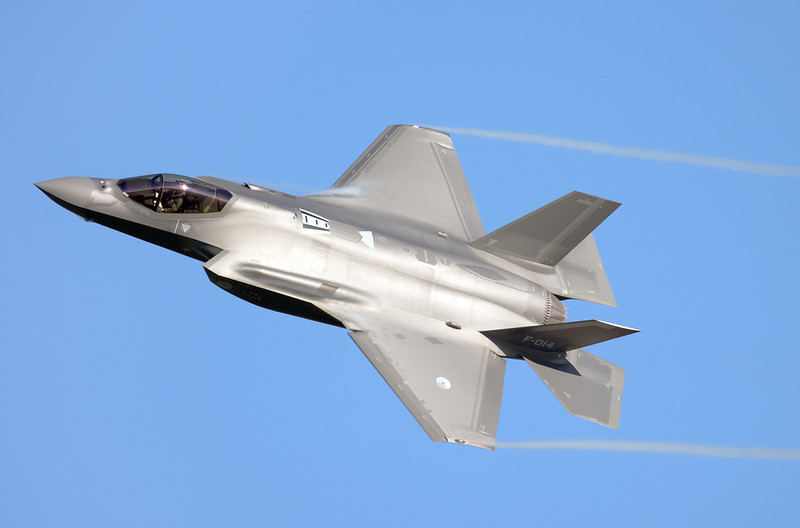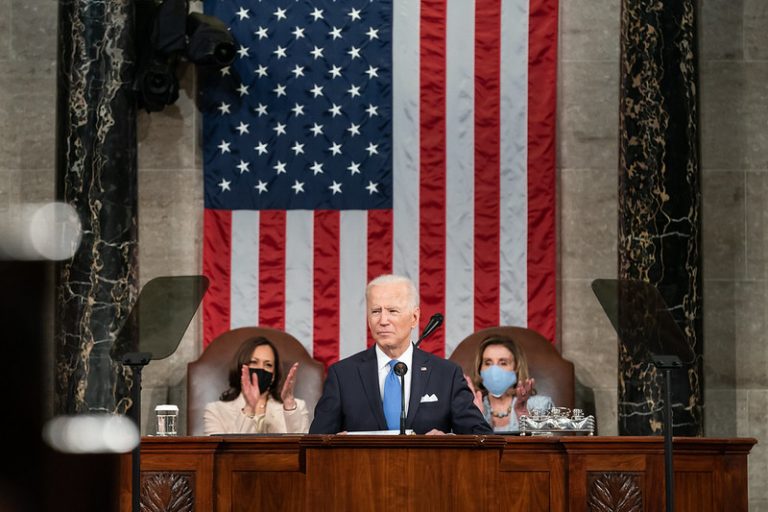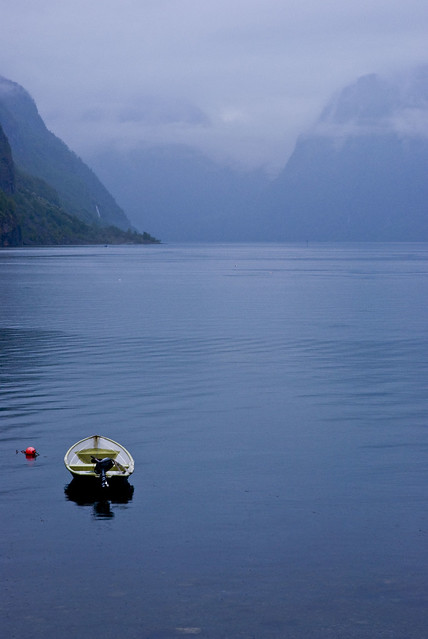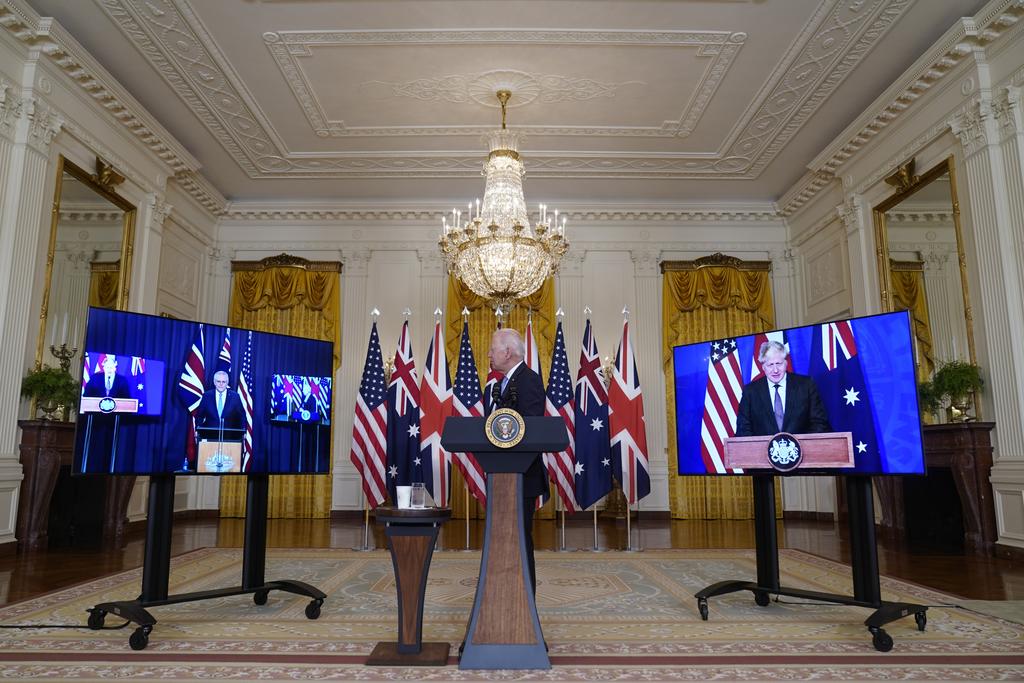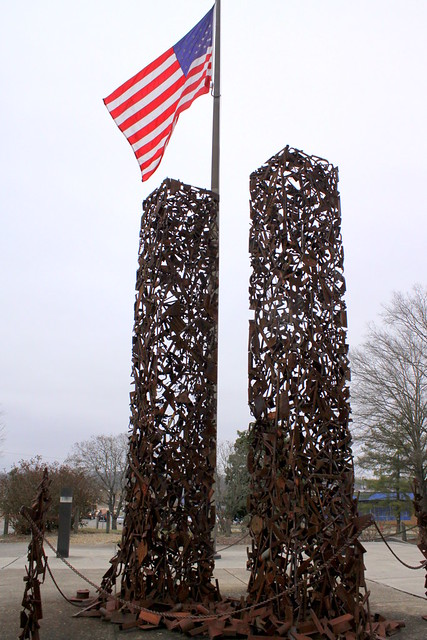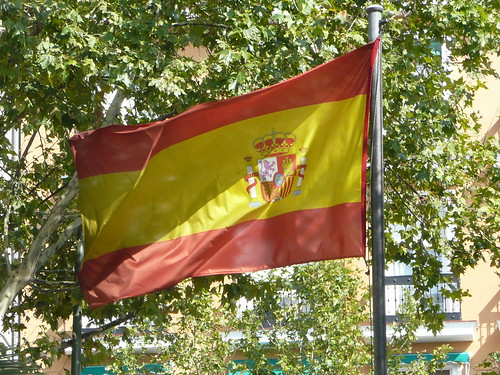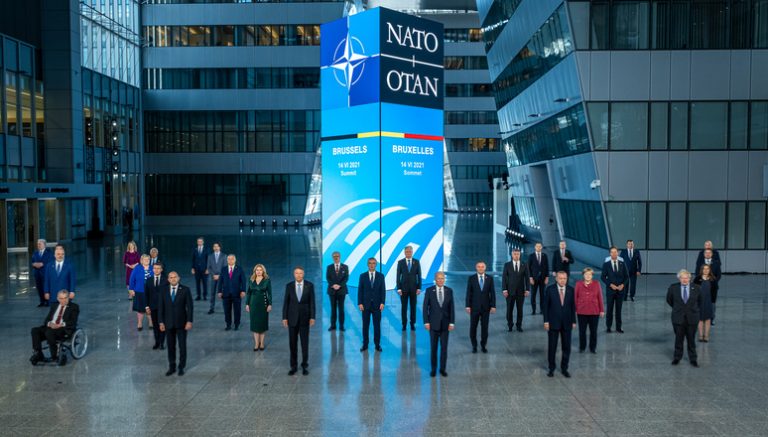Letter from La Vigie, December 8, 2021
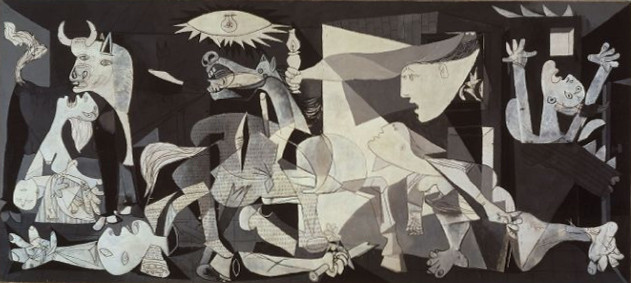
On civil war
Civil war is a conflict between parties in a constituted political unit. Its causes have varied throughout history, but like external warfare, it contributes powerfully to the constitution of the state (or to its dissolution). Today, it seems much more frequent than external war, even if it seems unlikely in France.
Click here to read the article
Azerbaijan in turmoil
One year after the end of the second Nagorno-Karabakh war, sporadic clashes have resumed. Let us begin a cycle of in-depth analysis of the Transcaucasus and start with Azerbaijan, reviewing its delicate game of alliances and its place in the regional balance.
Click here to read the article
Lorgnette : pre-2022 strategic debate
The preparation of the 2022 electoral scene continues with new candidates. Preliminary debates focus on issues of purchasing power, immigration and internal security (see above). They address the domestic issues that are crucial in a presidential election. Yet the prospect of the upcoming French presidency of the European Union opens the door to debates on the posture of the European Union and its strategic autonomy in the current world disorder. French arms export successes underline the rearmament of Middle Eastern countries, the volatility of power relations in West Asia (see above) and the ongoing technological competition. The Sino-American rivalry is more about Taiwan than the New Caledonia referendum and France’s interests in the Asia-Pacific.
The debate of the electoral campaign should, however, seriously address the strategic questions of the ambient conflict, France’s military commitments, France’s place in Europe and Europe’s place in the world, and the means to be devoted to the country’s security.
LV is preparing to contribute to this.
Subscribers: click directly on the links to read online or download the pdf issue (here), always with your login/password. New readers: read the article by issue, by clicking on each article (€2.5), or subscribe (discovery subscription €17, annual subscription €70, orga. subscription €300 excl. tax): here, the different options.
JOCV
Photo credit : : roberthuffstutter on VisualHunt.com
